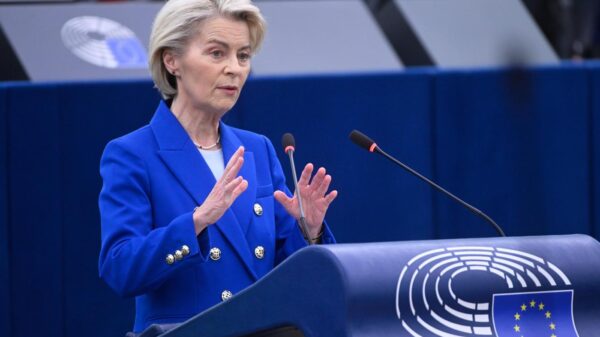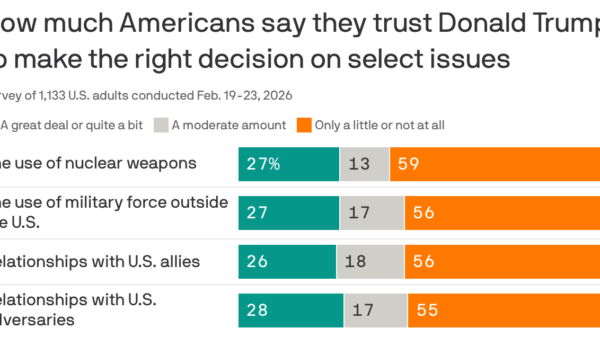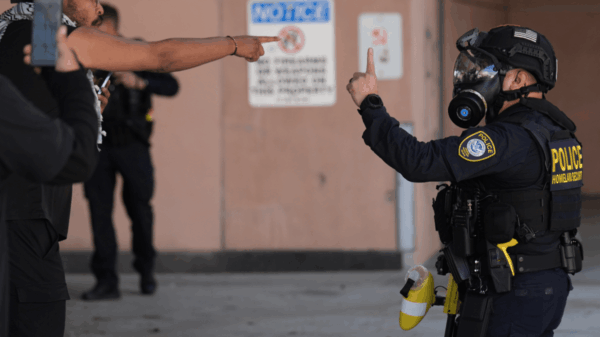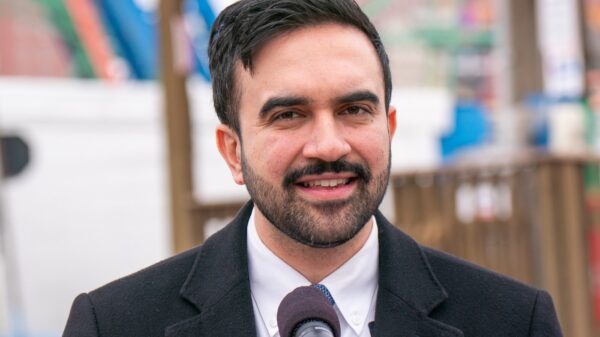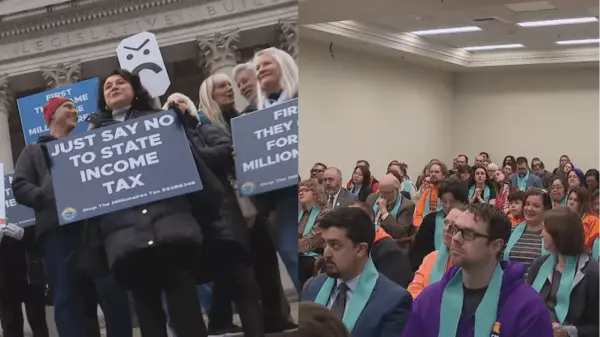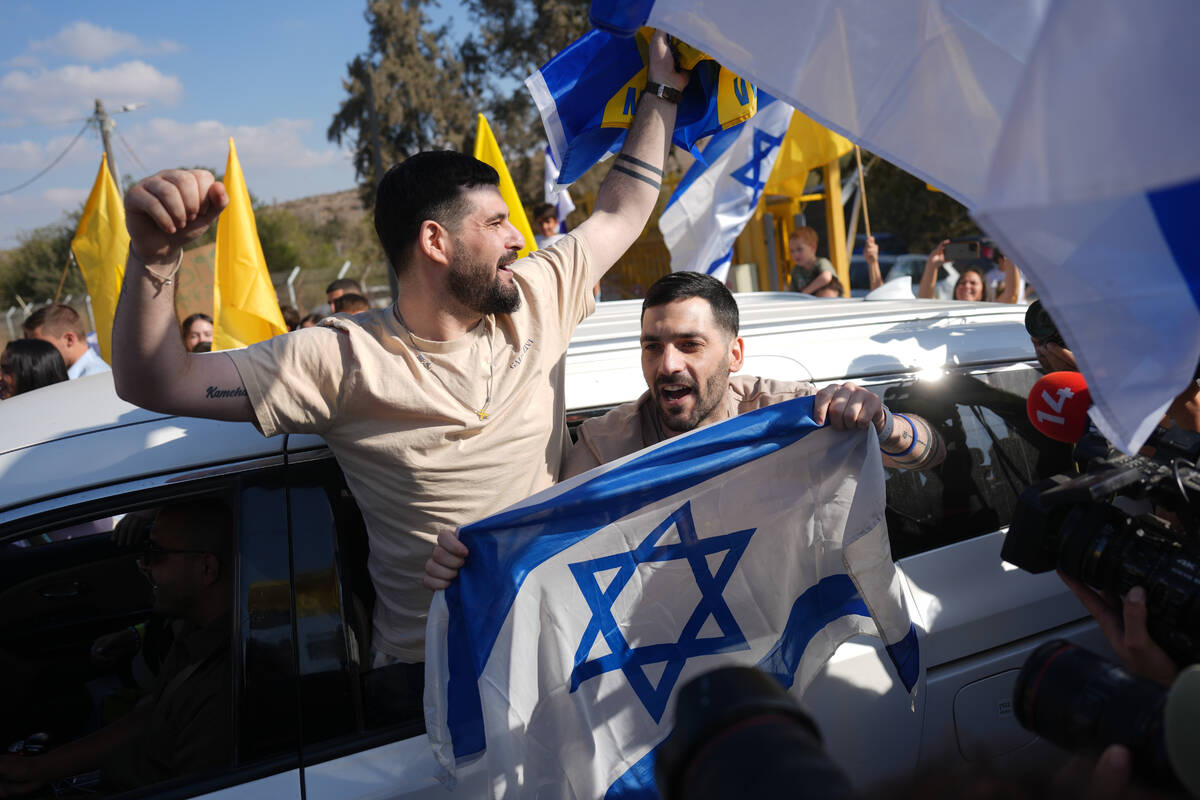Renewed violence in Gaza has put the fragile ceasefire to the test, following a series of Israeli airstrikes that resulted in significant casualties. The Israeli Defense Forces (IDF) stated that these strikes were a response to the killing of two Israeli soldiers by Hamas militants. As tensions escalated, an Israeli security official confirmed that the transfer of humanitarian aid into Gaza was temporarily halted, although it is set to resume on Monday.
Health officials reported at least 36 Palestinian fatalities from the Israeli strikes, which targeted multiple locations across Gaza. Among the deceased were children, highlighting the ongoing humanitarian crisis in the region. The strikes followed claims from the IDF that their troops came under fire in Rafah, a city under Israeli control as per the ceasefire agreement.
Ceasefire Negotiations and Humanitarian Concerns
Following the violence, a senior Egyptian official involved in the ceasefire negotiations indicated that “round-the-clock” efforts were underway to de-escalate the situation. The official, who requested anonymity, emphasized the urgency of maintaining peace in light of escalating hostilities. Israeli Prime Minister Benjamin Netanyahu instructed the military to take decisive action against any violations of the ceasefire, although he refrained from threatening a return to full-scale war.
The humanitarian situation remains dire. Palestinians fear a resumption of hostilities could exacerbate their suffering, particularly after Israel had previously restricted aid for more than two months earlier this year. “It will be a nightmare,” said Mahmoud Hashim, a father of five from Gaza City, who called on international mediators to intervene.
Reports from Al-Awda Hospital indicated that they received 24 bodies following airstrikes in the Nuseirat and Bureij camps in central Gaza. Additional strikes killed at least six people in Zawaida town and four others in Khan Younis, including a woman and two children. Witnesses expressed despair over the continued violence, with one local lamenting, “Where is peace?” as medical staff treated wounded children.
Hostage Situation and Ongoing Conflict
In a related development, Israel confirmed the identification of two hostages released by Hamas: Ronen Engel, a father from Kibbutz Nir Oz, and Sonthaya Oakkharasri, a Thai agricultural worker from Kibbutz Be’eri. Both individuals were believed to have been killed during the initial Hamas-led attack on southern Israel on October 7, 2023. Engel’s wife and two of his children were released in a ceasefire deal made in November 2023, highlighting the complex nature of the conflict.
Hamas has recently returned the remains of 12 hostages, with its armed wing, the Qassam Brigades, stating they discovered another body, which would be returned if conditions permitted. The Israeli government has urged Hamas to fulfill its obligations under the ceasefire by returning the remains of all 28 deceased hostages. The Rafah border crossing between Gaza and Egypt remains closed “until further notice,” complicating the delivery of aid.
Israel has also returned 150 bodies of Palestinians, including 15 on Sunday, to Gaza, though the identities of these individuals and the circumstances of their deaths remain undisclosed. The Gaza Health Ministry has released images of these bodies to assist families in locating missing loved ones, with many appearing decomposed and unrecognizable.
The ongoing conflict has resulted in more than 68,000 Palestinian deaths, according to the Gaza Health Ministry, which does not distinguish between combatants and civilians in its casualty reports. While Israel disputes these figures, it has not provided its own estimates. The Red Cross has also reported thousands more missing in the aftermath of the violence.
As the ceasefire negotiations continue, a Hamas delegation led by chief negotiator Khalil al-Hayya arrived in Cairo to engage with mediators and other Palestinian factions. Future discussions are expected to focus on disarming Hamas, Israeli withdrawal from additional areas of Gaza, and establishing a governance structure for the war-torn territory. The U.S. plan proposes the formation of an internationally supported authority to oversee these transitions.
Amid these negotiations, Hamas spokesman Hazem Kassem reiterated that the group would not participate in the ruling authority in a post-war Gaza, advocating instead for the establishment of a body of Palestinian technocrats to manage daily affairs. He warned that the existing power vacuum poses significant risks to stability in the region.
The conflict has far-reaching implications for both the region and international relations, with ongoing calls for urgent humanitarian intervention to alleviate the suffering of those affected by the violence.






